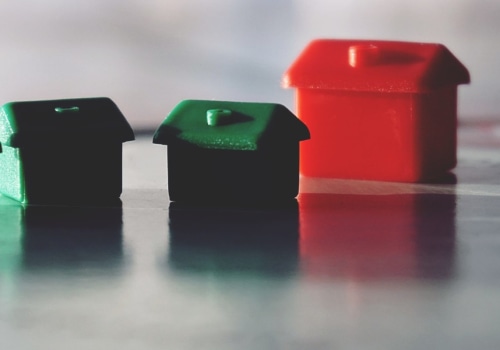Equity Release Allows Homeowners Aged 55 and Older to Free Up Tax-Free Money from Their Home Value. How much you can release depends on your age and the value of your home. Depending on the capital release product you choose, you can claim your money as a large lump sum or as a series of smaller lump sums. A capital release mortgage involves a lender giving you cash in exchange for a portion of the proceeds from the sale of your property later.
But unlike a traditional mortgage, which you pay within a certain period of time, a capital release loan is not settled until you leave your home. Equity release is also an option for people with an interest-only mortgage, but who don't have a real plan to repay the principal they have borrowed when the mortgage comes to an end, unless they sell the property itself. By freeing up capital through a capital release agreement, these borrowers can use that money to liquidate the capital they owe and stay in their own home. Capital release refers to a range of products that allow you to access capital (cash) immobilized in your home if you are older.
You can accept the money you release as a lump sum or, in several smaller amounts, or as a combination of both. Releasing Equity Unlocks the Equity in Your Home as a Tax-Free Lump Sum. No need to move and you'll still own your home. With the release of capital you don't have to make monthly payments, unless you decide to do so.
It is usually paid when the last borrower goes into long-term care or dies. So how does capital release work? Equity release is available to homeowners aged 55 and over. The money is released from your house in the form of tax-free money with which you can do whatever you want. There are two ways to free up capital: a housing reversal plan, in which you sell a part of your home, or a life mortgage, which is the most popular form of equity release, in which you apply for a loan against a part of your house and continue to live there.
The benefit of a reduction loan is that interest is only charged on money that you have already released from your capital. Whether it's paying for home improvements, financing retirement, traveling, or helping a family member climb the property ladder, freeing up capital is a way to free up some of the value of your home without having to move, to help you achieve those dreams. Freeing up capital is the process of converting that capital into money you can spend, without having to sell your home. The other type of capital release product is a housing reversal plan, although they now represent less than 1 percent of the market.
So, how much you ultimately pay to free up capital in this way depends on home price growth, and if house prices soar it could end up being incredibly expensive. As a general rule, you can take the money you release in a single sum, in smaller amounts over time (known as a drawdown), or as a combination of both. You may want to consider hiring an advisor who is also a member of the Equity Release Council (more on the Equity Liberation Council below). By far the most popular form of equity release, a lifetime mortgage is a loan that is repaid when you die or enter long-term care.
Freeing up capital is a big decision, but finding the right life mortgage could open doors to the things you've always dreamed of, whatever they may be. Look for the Equity Release Council approval mark to ensure you are using a trusted provider. .





